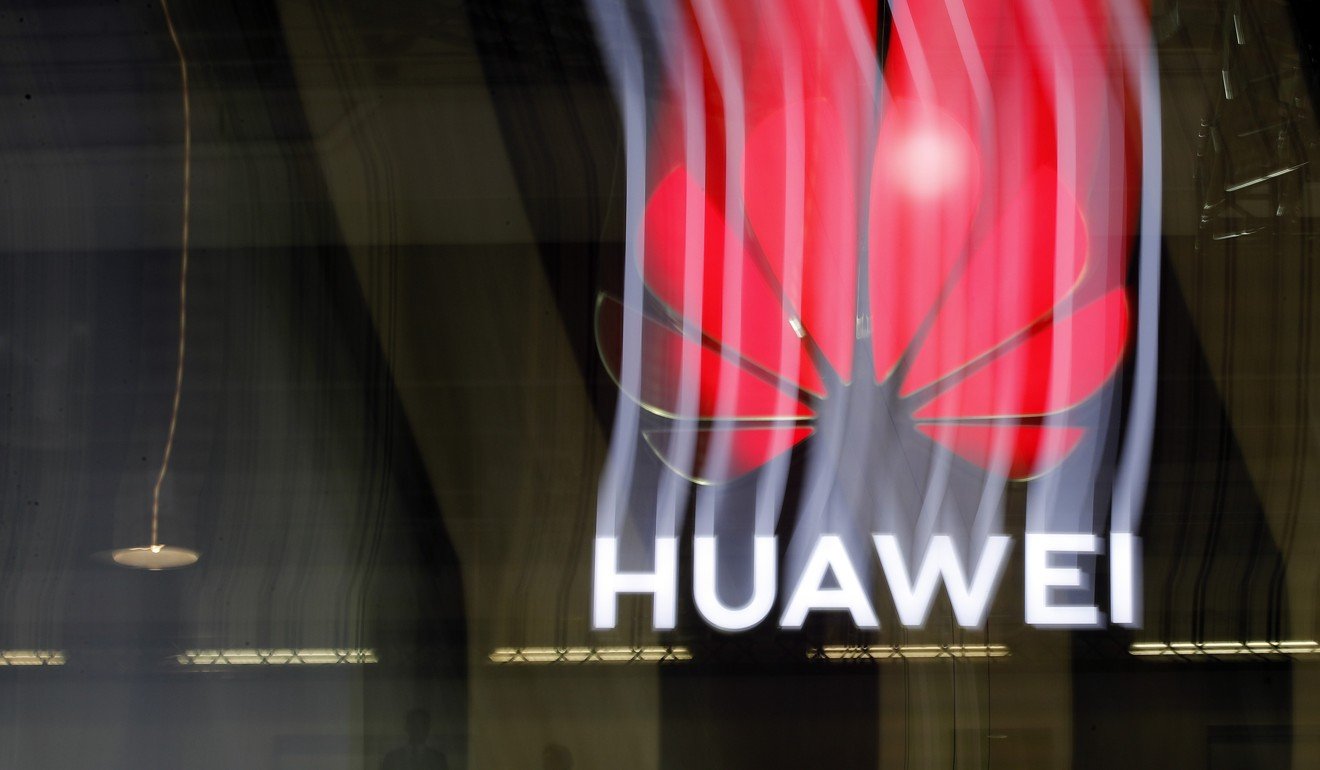Uptick in markets likely after ‘phase one’ trade deal, but US-China relations expected to turn ugly again after US presidential election
- No matter which candidate for president wins in November, the conflicts with China will flare again, US analysts say
- American economists make predictions for 2020, including ‘a 5 to 6 per cent uptick of the S&P 500’

A “phase one” trade deal between the United States and China will bring a temporary upswing to the markets next year but will not stop the long-term conflicts between the two countries no matter who wins the US presidential election, American economists said.
“We will have a ceasefire of the trade war in the election year as the Trump administration has a strong incentive to do some kind of a deal,” Ethan Harris, head of Global Economics at Bank of America, said in New York on Tuesday.
“China is hurting as well,” he said. “A skinny deal will offer a bit of a win-win for both sides.”
But, he said: “It is important to recognise the phase-one trade agreement is not the be all and end all deal. We worry about re-escalation in trade disputes post-election.”
US President Donald Trump and his Chinese counterpart, Xi Jinping, would make a “noisy” ceasefire so as not to scare the markets, Harris predicted.
And prospects for a temporary truce have led to an optimistic market outlook by the analysts.
“We continue to see a 5 to 6 per cent uptick of the S&P 500 next year,” said Jared Woodard, head of research investment committee for Bank of America, which is based in Charlotte, North Carolina.
The S&P Index has run up 26 per cent so far this year. And stock markets could also be boosted as corporations continued to buy back shares, Woodard said.
The problem, the economists said, was that a more all-inclusive agreement was harder to achieve as the conflicts between the countries extended more broadly beyond trade.
“The tech war is really the gist of the trade war,” Harris said. “There is a deep lack of trust between the West and China. There is no way to decouple the US and Chinese economies without being too painful. There are bound to be more losers than winners when decoupling starts.”
Because of the tech war, “what we are going to see in this decade is going to be a split internets,” said Haim Haim Israel, head of thematic investing strategy at Bank of America.
“The governments are going to be focused more on tech supremacy,” he said. “AI and robotics are getting momentum because the governments are behind it. It’s a national security and national assets.”

But in the meantime, even a limited trade deal is good for both the US and China.
“We are now entering the election year, and the concerns of not triggering pain points is even stronger,” Harris said.
He said the US did not really want to impose the December tariffs because they would affect US consumers, most of whom had largely been shielded from the trade war’s impact so far.
A deal would also help increase China’s purchases of US agricultural products and help China deal with its pork shortage.
A truce with Chinese tech giant Huawei Technologies, the largest smartphone maker in the world, would be another win-win because the company had a trade surplus with the US, Harris said. Allowing US tech companies to continue to sell to Huawei could help address the US’ trade deficit with China.
During the election year, however, analysts expect the countries’ continuing low-grade battles to continue.
One case in point: the US Department of Commerce has asked American companies to report any unfair business practices in a foreign market, including having to compete against local companies that receive government subsidies and can secure cheaper loans as well as take advantage of a weaker currency.
There were currently 184 case reports that had been submitted to the US Congress for review, more than triple the number from the Obama administration, Harris said.